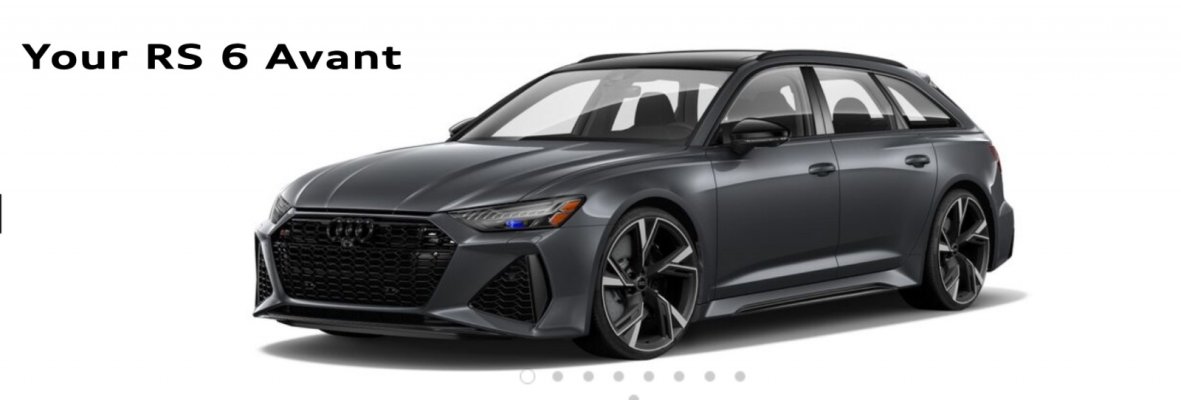There are a lot of reliable used vehicles but when you're talking about cars made in 2007 and 2008 then they're probably nearing the end of their useful life.
My general rule is to buy something 3 or 4 years old with low mileage and keep it for 5 to 7 years. For me, that's the sweet spot of ownership...someone else takes the depreciation hit, I get a technologically updated car with lots of life left, and I get rid of it before major things start going wrong.
My general rule is to buy a small GM truck with a manual transmission when it's about 5 years old and then drive it for about 15 more years until either the frame rusts to the point that it cracks or the cab rusts to the point that the doors start unlatching and swinging open when driving around corners. (That's when I know it's time to look for another used truck.

) I find I can get between 90,000 and 100,000 miles between brake pad replacements if I downshift my way to stop signs and red lights. (if the calipers don't rust shut and wear the brakes prematurely, that is) I can usually get 50,000 miles per set of tires. I've never had to replace the clutch in a small GM truck as the trucks have deteriorated from rust before the clutch ever wore to the point that it needed replacement.
I bought a '95 S-10 with 65,000 miles on it in 2000 for $6,000 and drove it daily until I sold it in January of 2016 with 276,000 miles on it for $500 to a guy who said he was good at welding stuff back together. In December of 2015 I bought a 2010 GMC Canyon with 84,000 miles on it for $8,000 and I plan on driving that until at least 2030. It's got 123,000 on it now and it still feels like a new truck to me.
My wife's previous car was a '99 Ford Escort that she bought used in 2005 or so and kept until 2016 when it was starting to get pretty rusty. Since she has to drive to her job in the winter I wanted to get her something with decent traction and stability control (she was adamant she didn't want any type of SUV and wanted a small car) so we found her a 2015 Chevy Cruze in 2016 with about 20,000 miles (program car). It has an automatic transmission but that's what she likes to drive. We had to replace the ignition coil module and plug wires at just over 36,000 miles (just after the warranty expired - how convenient for GM) but I ordered the parts from Amazon and did it myself in about a half-hour for less than $100 including new spark plugs. The Cruze has almost 50,000 miles on it now and we plan on keeping it until it either rusts out or becomes too expensive to repair relative to the value of the car.
I know most people on this site love their Toyotas and Hondas but we (I) prefer GM vehicles due to the ease of repair and low cost of replacement parts. Plus we have two Chevrolet dealerships within 10 miles of where we live. There's also Ford, Chrysler and Toyota dealerships within those 10 miles but the local Ford and Toyota dealerships are notorious for abysmal customer service and shoddy workmanship and neither of us wants to deal with the hassle of owning a Chrysler product.
If we ever wanted anything other than GM, Ford, Chrysler or Toyota we could drive 50 miles to a VW dealership or we'd have to go 100 - 150 miles to find anything else.

